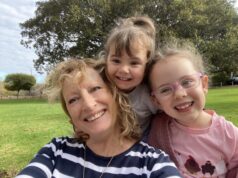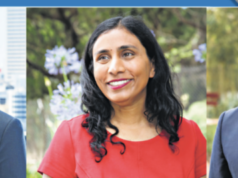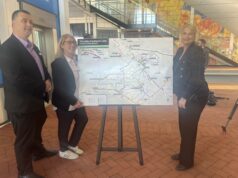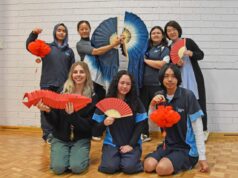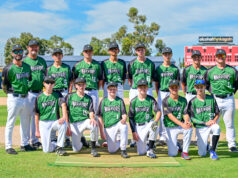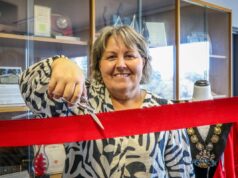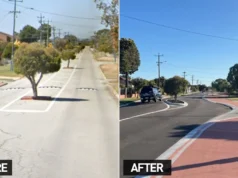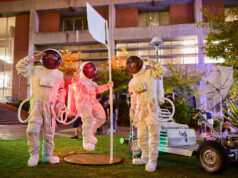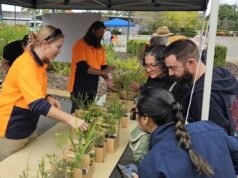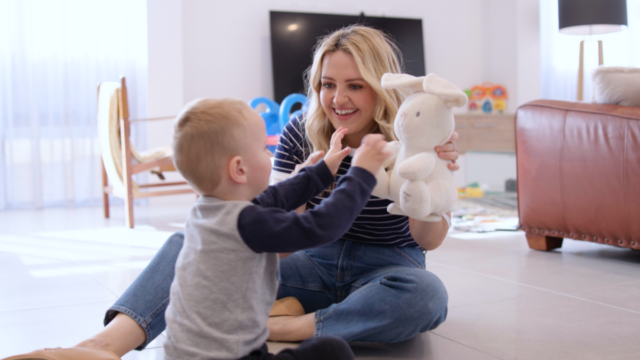
Southern River mother of two, Laura Coates, is urging parents of young children to seek support sooner rather than later if they notice communication delays, having witnessed significant improvements in her son Daniel’s skills through a specialised program.
Noticing delays in her son’s communication milestones, Ms Coates sought assistance and was referred to Inklings, an initiative designed to support children’s communication development.
Being a mother already, Ms Coates didn’t expect her second child to develop any differently; however, she soon recognised that her son Daniel needed extra support and has since observed significant progress.
“He wasn’t making many gestures, which most parents wouldn’t know unless they knew that that’s something that babies should be doing intrinsically,” she said.
“He is now speaking, pointing, doing all the things that I was worried he would never do.”
Run by The Kids Research Institute Australia (formerly known as the Telethon Kids Institute), Inklings aims to support early communication development in six to eighteen-month-old children.
The 10-week program is provided at no cost for eligible children who exhibit early differences in their social interaction and communication development, with sessions conducted fortnightly over six months.
During the session, a practitioner reviews a pre-recorded video of interactions between the parent and child, offering professional feedback to improve communication development.
Ms Coates said the program also strengthened the bond between her and her youngest son.
“When you’re in the moment, you miss so much. I didn’t realise there were loads of ways that Daniel was communicating and that I wasn’t picking up on because I was looking for speech all the time,” she said.
“It really helps to bring you and your child closer together because you feel like you can understand them, and they feel like they’re understood.”
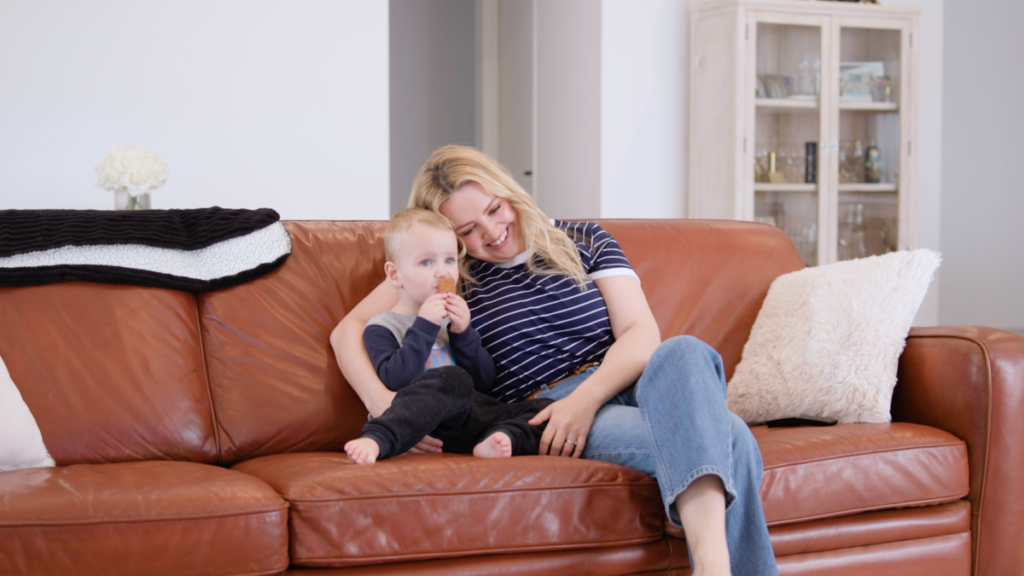
Gemma Upson, General Manager of Inklings, said the program had been developed from decades of research in both the UK and Australia, and she believes that the small changes made during the six to eighteen-month age bracket have a major flow-on effect.
“We’re in a model where kids may be showing signs of delayed progress, and we say, ‘Oh, we’ll wait and see till they’re three and four,’ however, it’s really that six to 18 months when the brain is really developing that social communication, you can make the most impact,” she said.
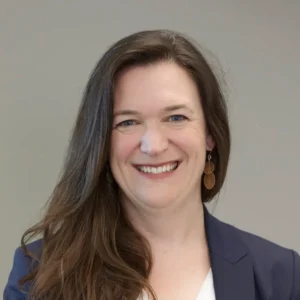
“Giving the parents that confidence and awareness of how their children are trying to communicate with them has a massive impact.”
With more than 50 families having completed the program since last November and nearly 300 families inquiring, Ms Coates wants more families to know about the program and the support it can offer.
“Inklings is a resource that I just wish more people knew about because if you don’t engage and you go down the traditional public route, you could be waiting months or even years on a paediatric waitlist,” Ms Coates said.
“Many parents adopt a wait-and-see approach, but actually, the earlier you can get in there, the better the outcomes for all parties.”



